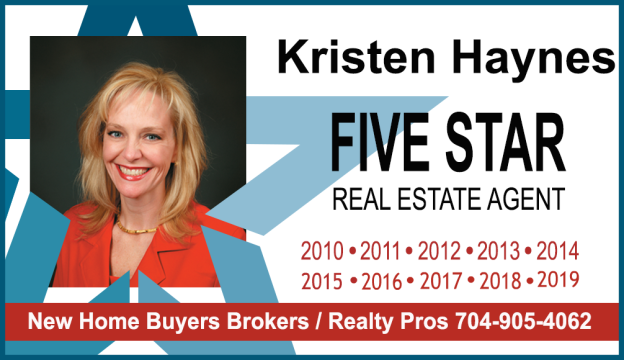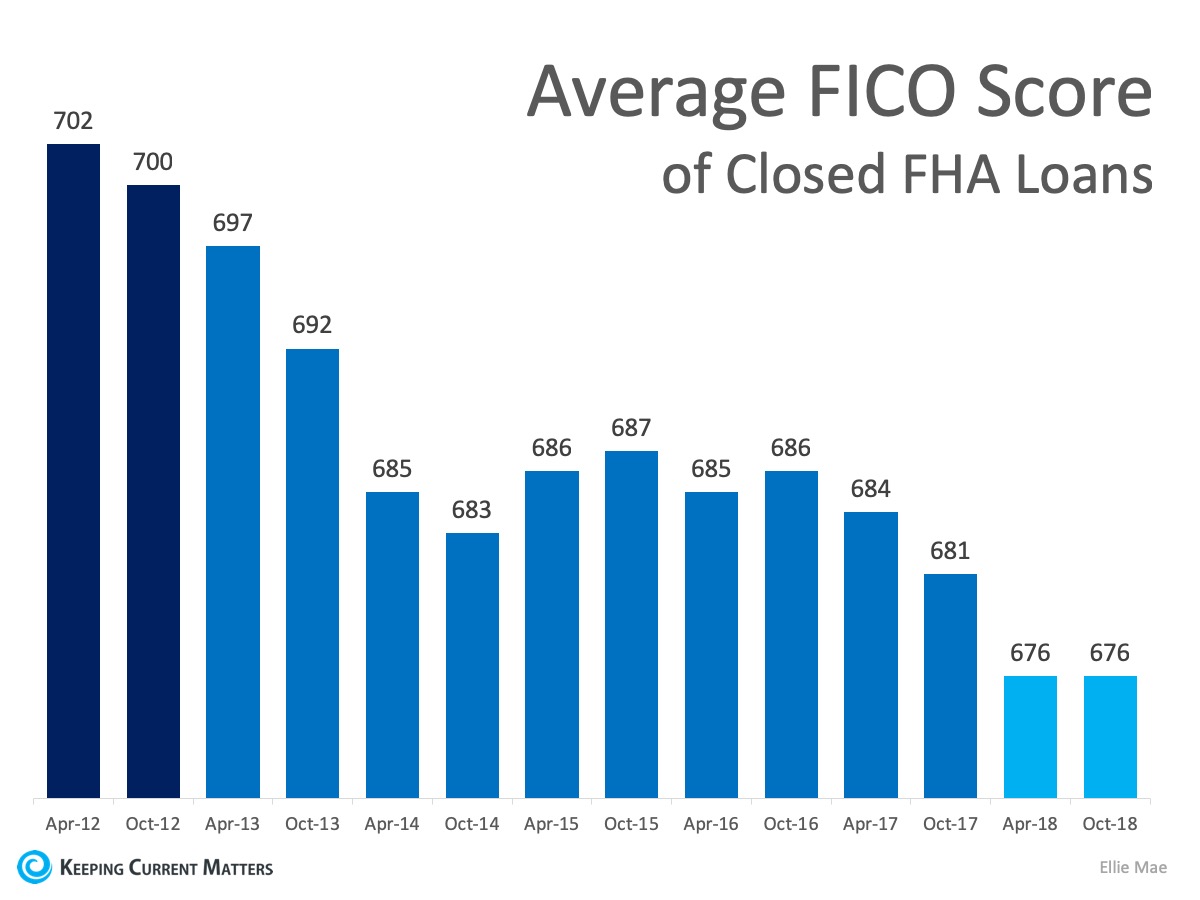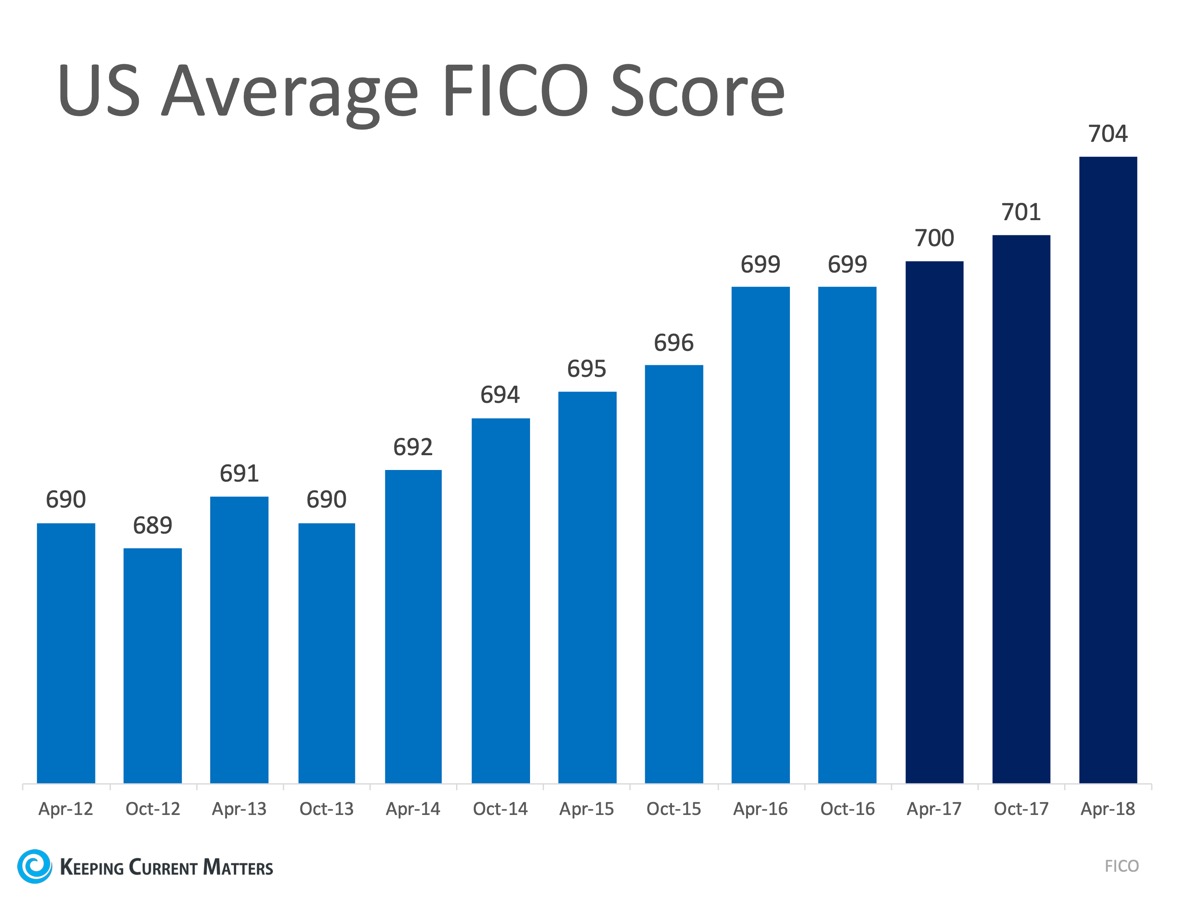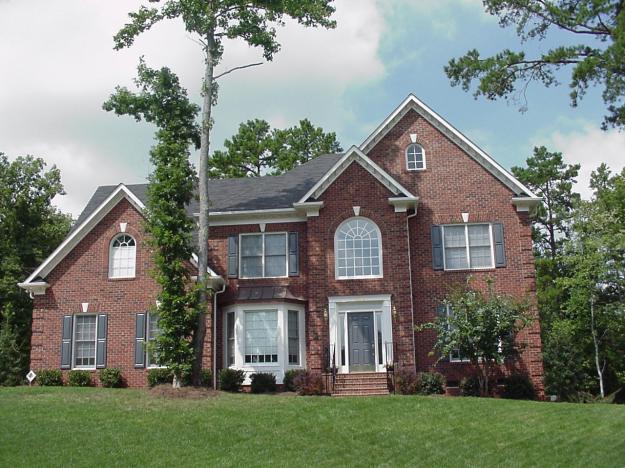
It might be cold outside, but Charlotte’s residential real estate market is red-hot
heading into 2020.
Although December closings are not yet tabulated, the number of Charlotte home sales increased 3.7% in the first 11 months of 2019 (or by nearly 700 closings) compared to 2018.
The real story, however, was that the market gained strength in the second half of the
year even as fewer homes for sale were added to the market. Home sales increased just 1.5% in the first six months of the year compared to the first six months of 2018, but
rose 8.7% from July to November. The market shift coincided with Amazon’s new distribution facility in West Charlotte, the revitalization of FreeMore West, and announcements by Sun Trust and BB&T to merge and move the headquarters of the combined companies to Charlotte (June 12) and Lowe’s announcement that it was relocating its tech hub to South End (June 27).

And just this week, the news that we are the 30th team for Major League Soccer, playing at Bank of America stadium, with plans to rebuild and revitalize the old Eastland Mall site, which will have an incredible impact on home values along the entire east Charlotte corridor.
Another anomaly for Charlotte’s real estate market in 2019 is that it is bucking the trend of most U.S. cities, which saw housing inventory increases from the previous year. Five
hundred and fifty more homes for sale in Charlotte hit the market in 2019, but the city’s inventory of available houses still fell 5.7%. Charlotte home buyers essentially absorbed
every new listing that came on the market in 2019, plus another 333 that were already on the market (which is a total absorption rate of 106%). It wasn’t surprising, considering Charlotte is among the hottest growth cities in the country with and estimated 44,000+ new residents added in 2019.

Sufficient housing inventory continues to be the issue that keeps most Realtors ® up at night. Charlotte had just a three months’ supply of inventory at the end of
2019. The National Association of Realtors says a housing market in balance
between supply and demand should have a six months’ supply of homes on the
market. As housing inventory declined, there was increased upward pressure on
home prices. For the year, the average home sales price in the Charlotte market area
rose 6.9% in 2019 to $270,000. Still, the average home sales price is just 27.5% more than it was in 2008 (a total average annual increase of 2.5%).
Charlotte’s housing inventory needs to exponentially grow to meet current and future growth and demand. The area desperately needs more single family new construction, yet permits are expected to finish the year down 3%. More investor flips in up-and-coming neighborhoods would help, since very few first time home buyers are comfortable taking on renovations, nor do they have the equity (or extra cash) to do them.

In a December article in the Charlotte Business Journal, Charlotte was named the fourth most active city for investor buyers of residential homes- and with 7% of Mecklenburg County’s homes currently unoccupied, opportunities abound. Investors know that real estate is a proven way to build wealth, through gains in appreciation and equity- and in tax breaks and write offs. Perhaps it is time to consider adding rental real estate to your investment portfolio?
Contact us and we’ll guide you in making the best real estate decisions in the new year to help YOU build your nest egg!







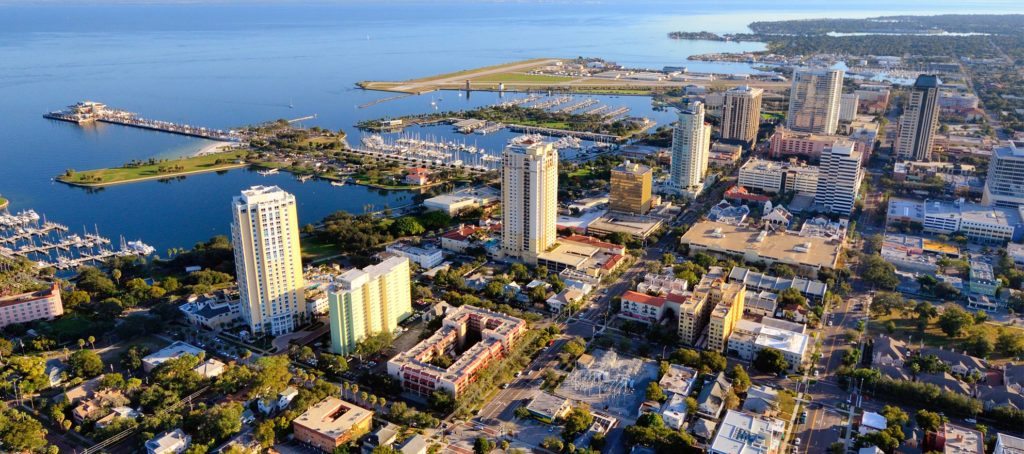


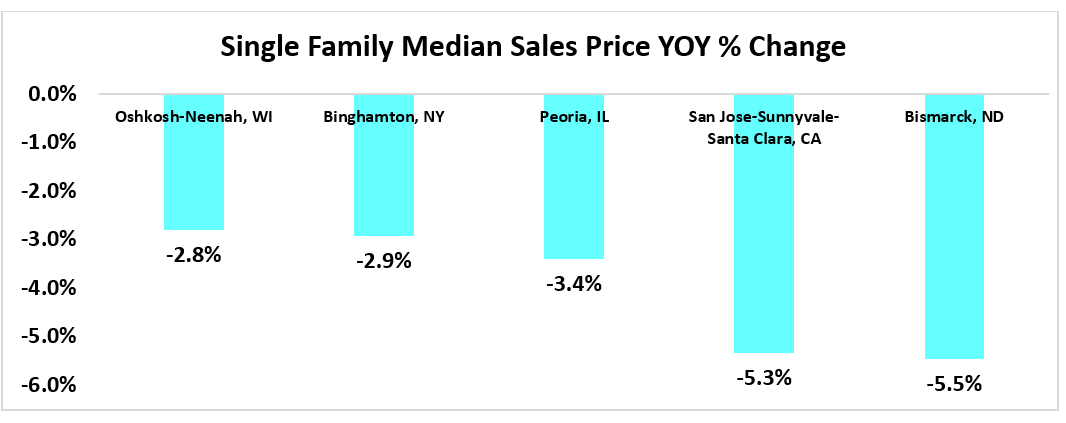
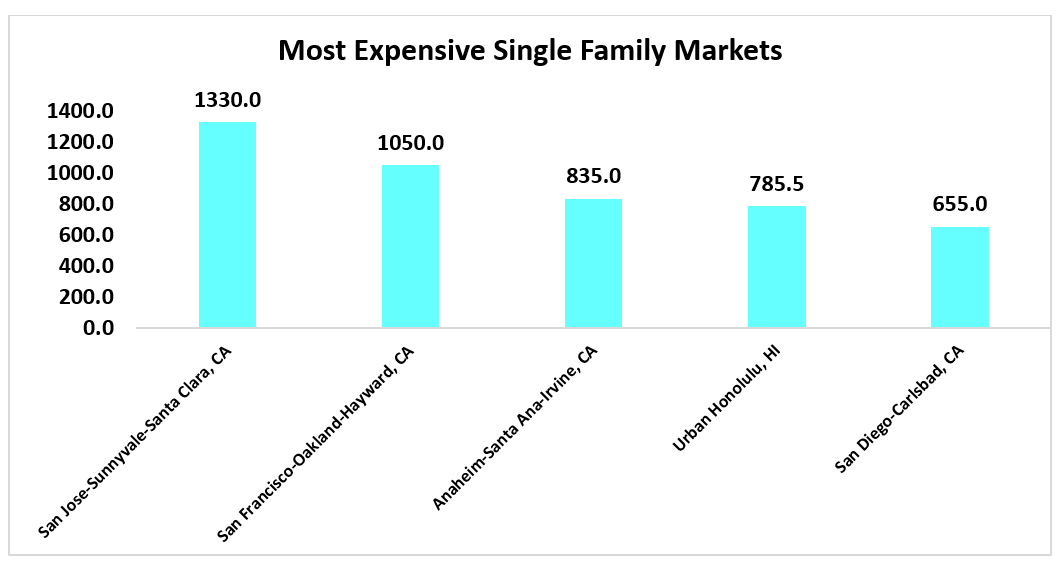












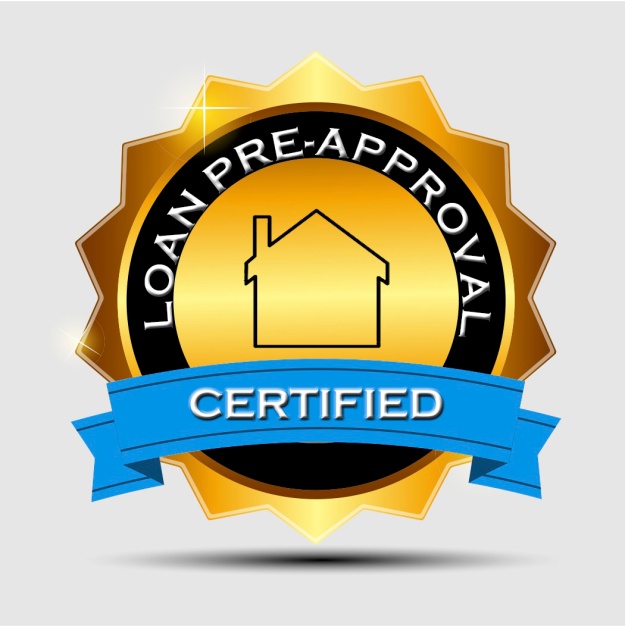
![Kristen Haynes Five Star 2018 REVISED[567]](https://charlotterealtypros.wordpress.com/wp-content/uploads/2018/03/kristen-haynes-five-star-2018-revised567.png?w=356&h=205)




